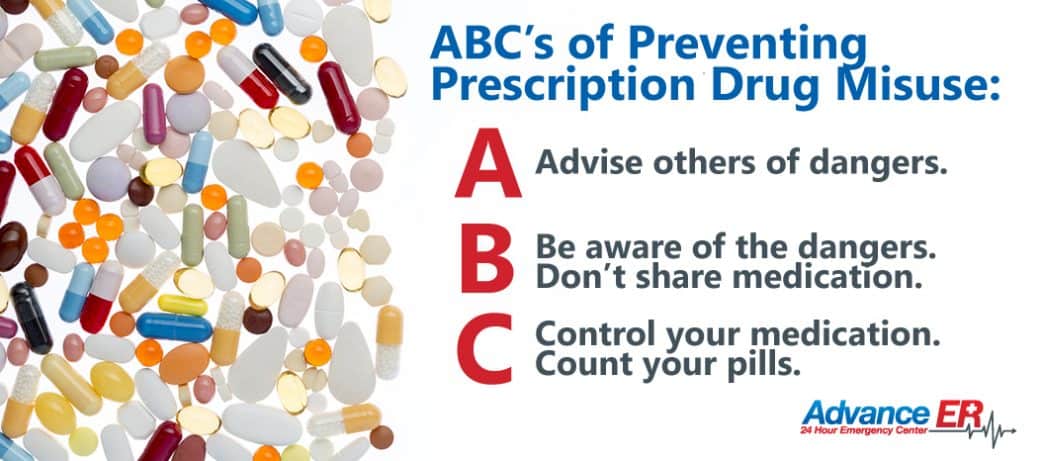With the tragic death of Whitney Houston and the comatose state of her daughter, Bobbi Kristina Brown, both drowned in their bathtub after taking prescription drugs, the awareness on the dangers of prescription drug misuse has been more well-known.
The fact is that prescription drugs misuse is only second to marijuana usage (legal in many states) in our society.
The United States Department of Health and Human Resources found that 20.1% of Americans admitted to illicit drug abuse or addiction, with 6.2 million people admitting to taking prescription medication for non-medical reasons.
Adolescents and Misuse of Prescription Drugs
According to the published results from the July 2008 issue of the Journal of the American Academy of Child & Adolescent Psychiatry, there is a probable “3%” of all adolescents who responded to the 2005 National Survey on Drug Use and Health had evidence of a substance abuse disorder related to prescription medications.
Interestingly, adolescents older than 15 years were more likely to abuse prescription drugs, as were those with depression and history of using cigarettes, alcohol, or other illicit drugs during the past year.
Adolescents who were prescribed medications for anxiety and sleep disturbances were substantially more likely to engage in non-medical use, such as to “get-high” than those who never were prescribed any potentially addictive medications.
To combat these issues with medication misuse among adolescents, clinicians should spend more time educating both the patients and their parents on how to take the medication correctly, to be warned that drug sharing is inappropriate and that these medications need to be stored in a “supervised” place.
The study identified that 75% of youths who were prescribed controlled medications had unsupervised access to them. “That’s big,” she said. “That means that someone else can get to them to divert them.”
The appropriate disposition of these medications should be communicated to the patient and their parents.
Prevent Prescription Drug Misuse. Follow the ABC’s of Prevention

When a physician starts to educate the parents about the ABC’s of Prevention, Dr. Boyd, the head of the study, believes that the parents would start changing their behaviors. Parents might recognize that these are addictive drugs, and they would “control” them better. Parents would pay more attention to where these medications are stored and the accessibility to these medications by their children without supervision.
Dr. Boyd, with other experts in the field, all agree that many young people believe that prescription medication misuse is less dangerous than the misuse of illicit drugs.
“They are somehow getting the message about the dangers of (illicit) drug misuse, but they don’t see (prescription) medications as in the same category,” said Dr. Sherry Stewart, a professor in the Department of Psychiatry, at Dalhousie University, Halifax, Canada.
This wrongful message causes many to believe that prescription medication is “safer” than “street drugs” and wrongfully conclude that it may be less dangerous to misuse them.
“But, that being said, many parents and even prescribers, I think, don’t realize the abuse potential (of prescription meds). What I always fear…is that the public will think that I am saying nobody should take these medications, or nobody should prescribe them, and it’s certainly NOT what I am saying,” said Dr. Boyd. “I want the appropriate patients to have access to medications that they need to improve the quality of their life.”
Dr. Boyd concluded, “I think some people need them (controlled medications). But they need to be prescribed in a thoughtful way, with the patients and the parents knowing the risks (of misuse) associated with them.”
The highly experienced board-certified physicians at Advance ER are cognizant of the fine balance of prescribing appropriate medications for our patients while avoiding the potential of misuse to safeguard the health of our patients.
